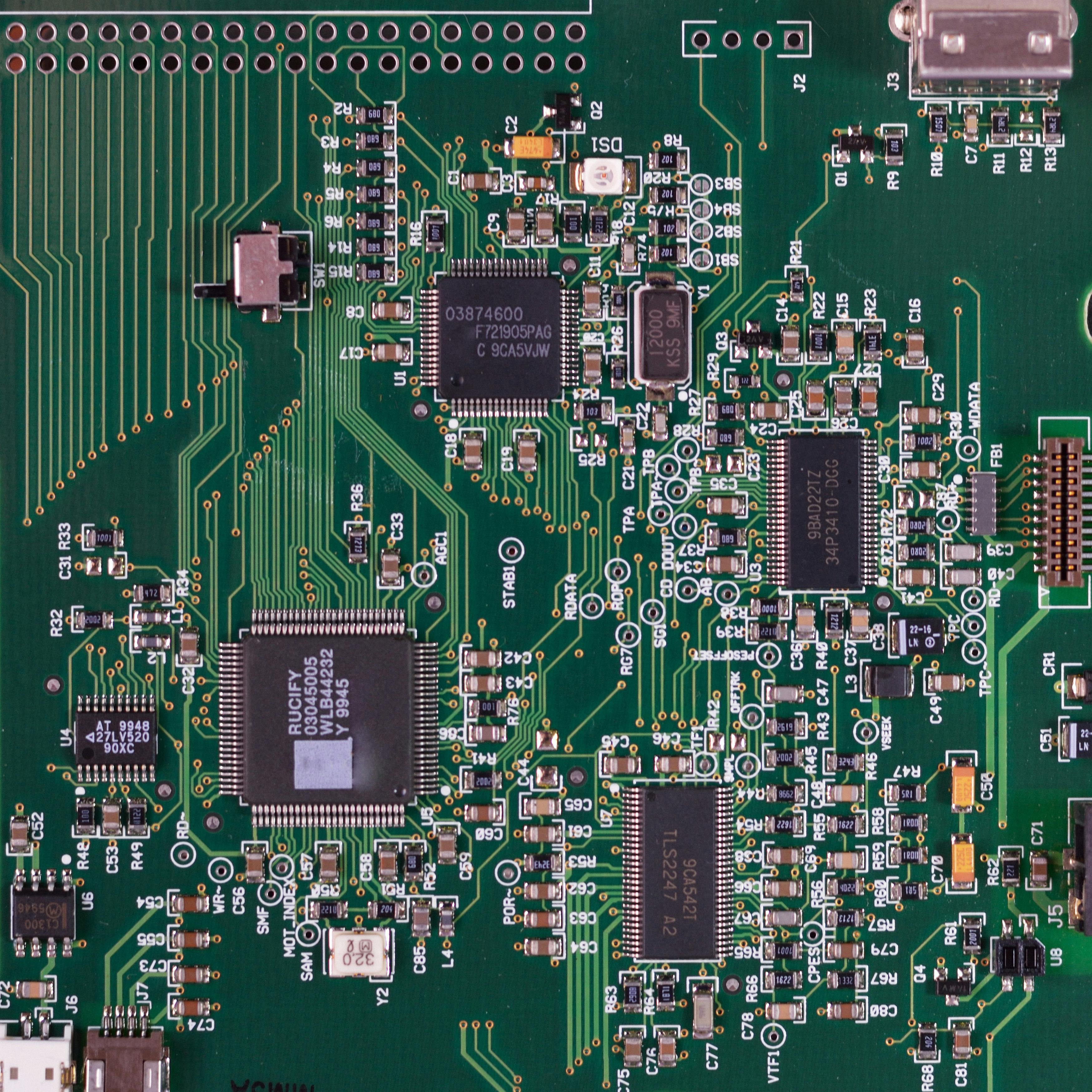Will AI Ever Take the Job of a System Architect?
Artificial Intelligence (AI) has made significant inroads into many specialized domains. Yet, the question remains: will AI ever take over the role of a system architect?
AI, a term now ubiquitous in modern discourse, is often associated with remarkable advancements. From the sophisticated capabilities of large language models (LLMs) to the impressive feats in machine vision, the progress is undeniable. However, the hype surrounding AI can sometimes overshadow its limitations. While LLMs can assist with coding, their efficacy diminishes when applied to the intricate task of system architecture, particularly when detailed, nuanced decisions are required.
Historically, as computing power has increased, many design decisions have been offloaded to computers. For instance, Computer-Aided Design (CAD) software has revolutionized hardware design over the past few decades, optimizing structural integrity and the layout of printed circuit boards (PCBs). However, can we expect a similar revolution in system architecture?
LLMs can indeed generate system architectures, but this capability primarily stems from their text generation prowess. The quality of these architectures is another matter entirely. For example, when I prompted ChatGPT-4 to generate an optimal system architecture for an airplane using the mermaid diagramming tool, it included critical components such as avionics, propulsion, fuel system, hydraulic system, electrical system, environmental control system, flight control system, landing gear system, communication system, and navigational system.
While this initial attempt covered many essential aspects, it lacked the depth and detail required for a robust system architecture. This outcome, achieved with minimal prompt engineering, suggests that LLMs could be useful in overcoming ‘writer’s block’. However, their current capabilities fall short of developing well-designed, reliable system architectures.
System architecture remains a complex, nuanced discipline, an art form that AI has yet to master. Given the current state of technology, it is unlikely that AI will take over this domain anytime soon. The role of the system architect, with its intricate blend of creativity, experience, and precision, remains a uniquely human endeavor.


